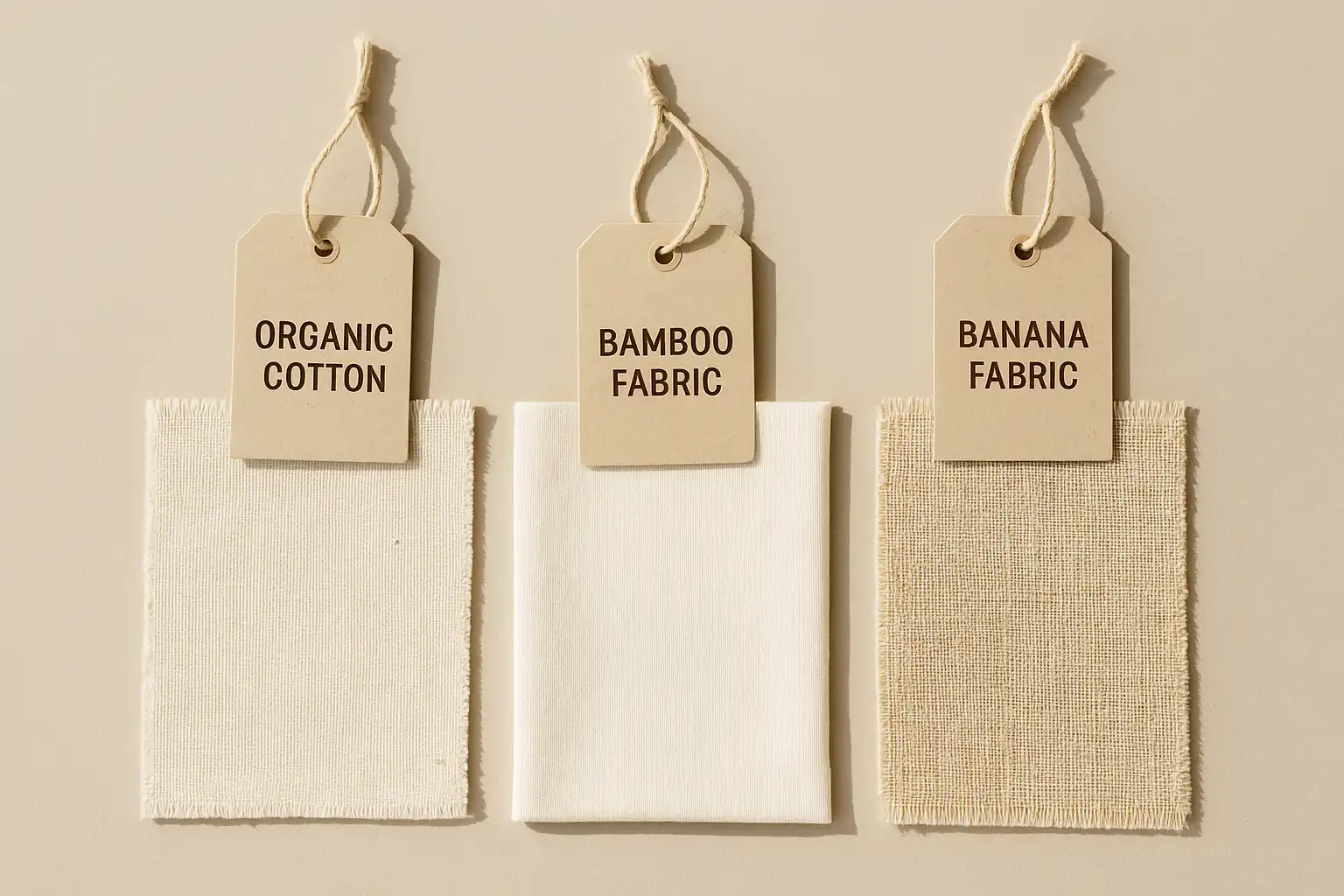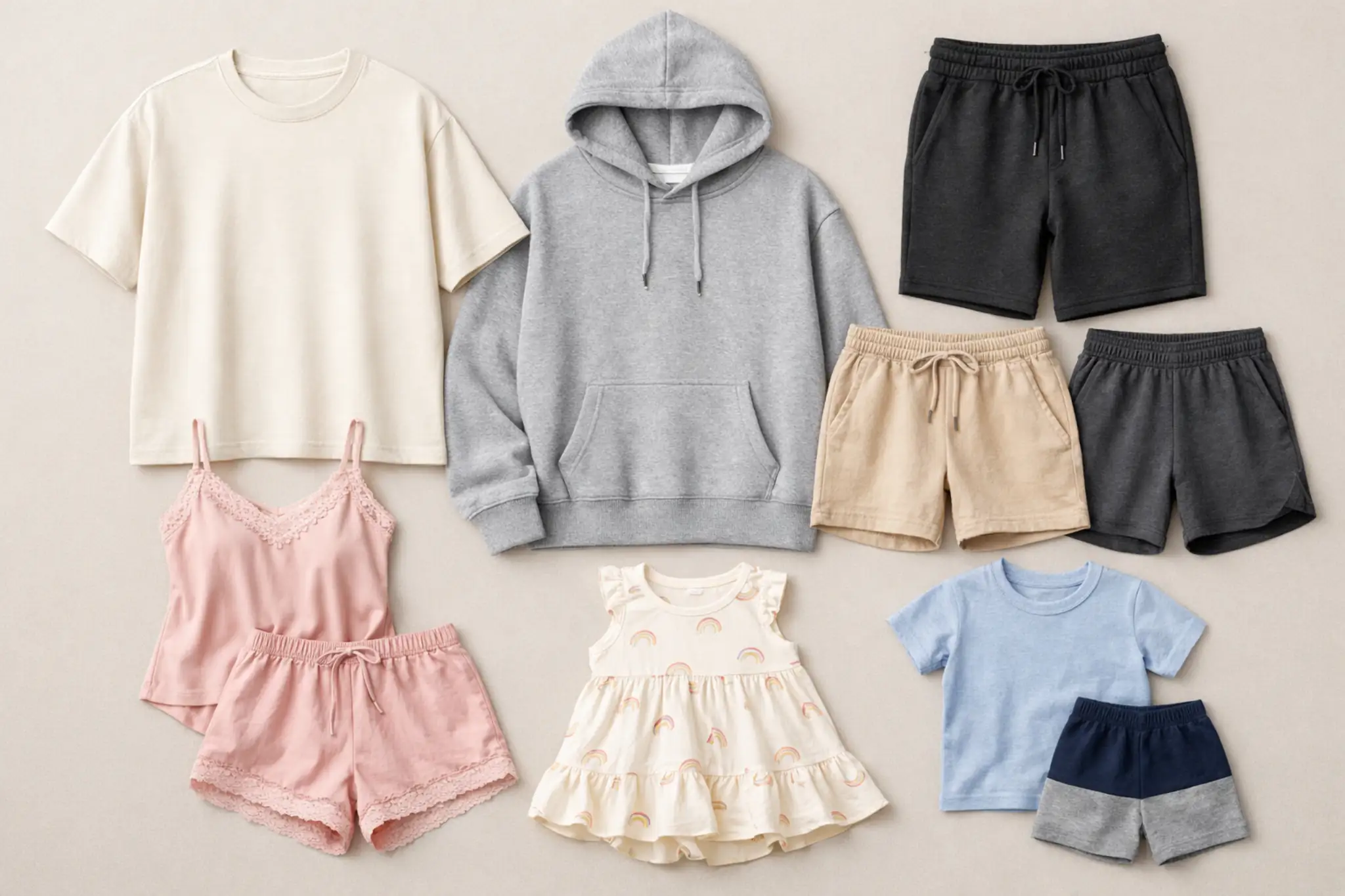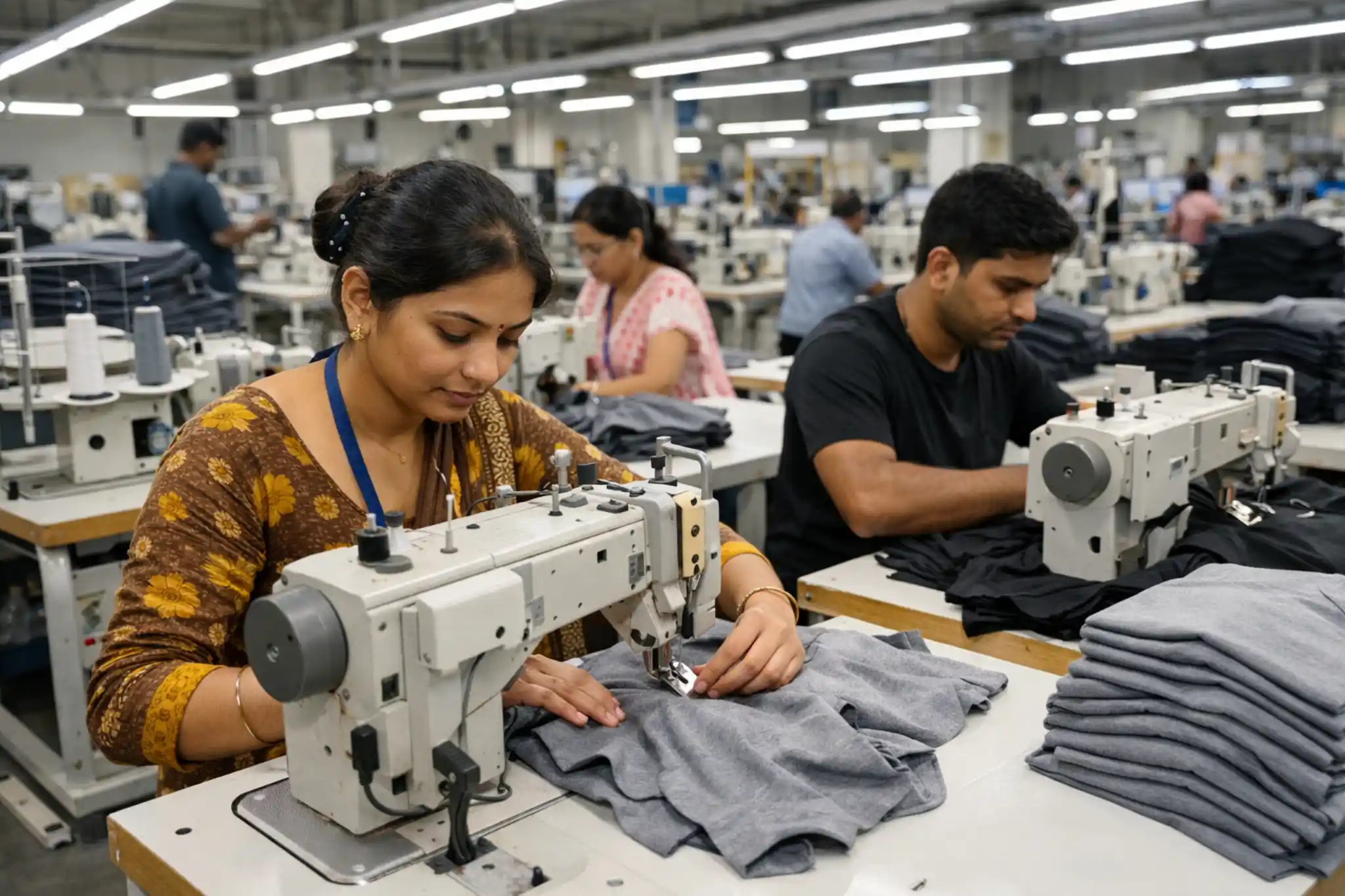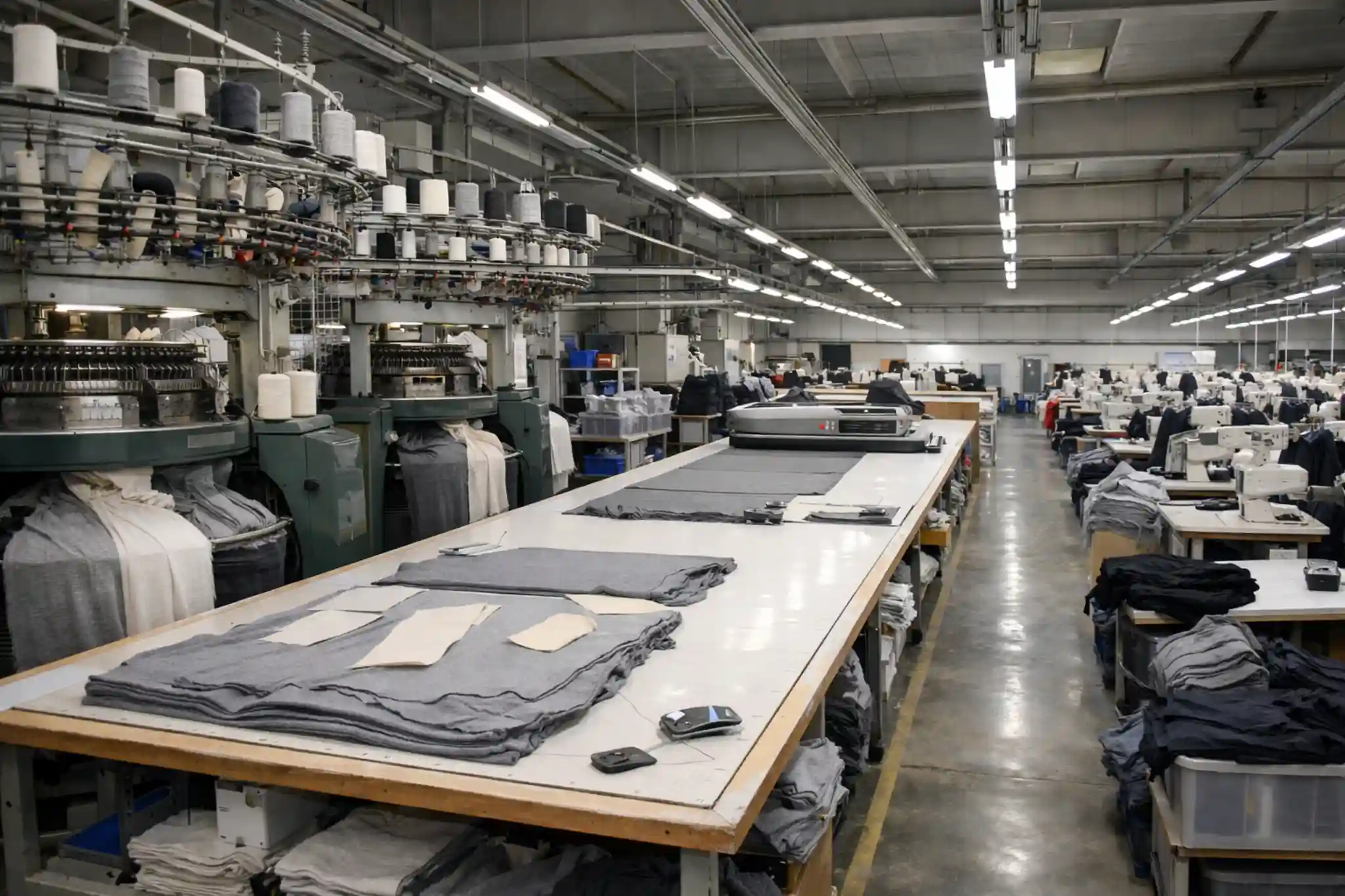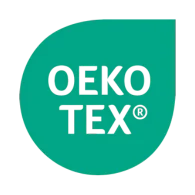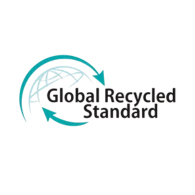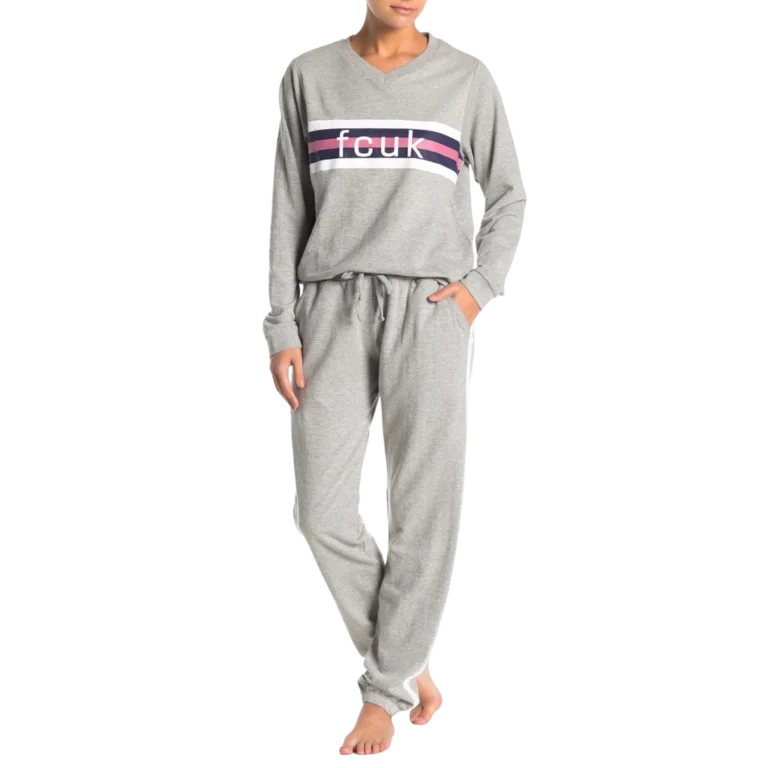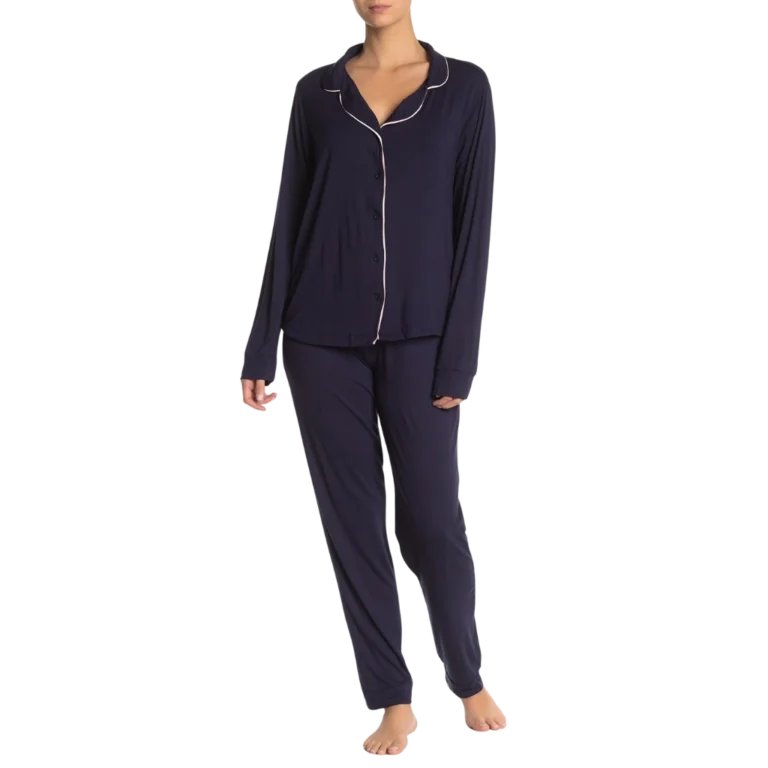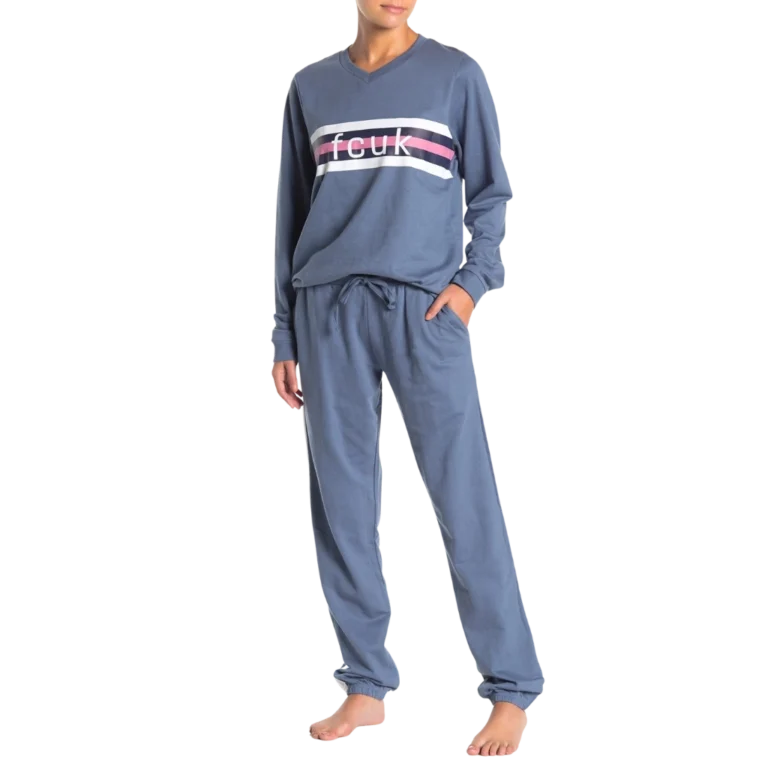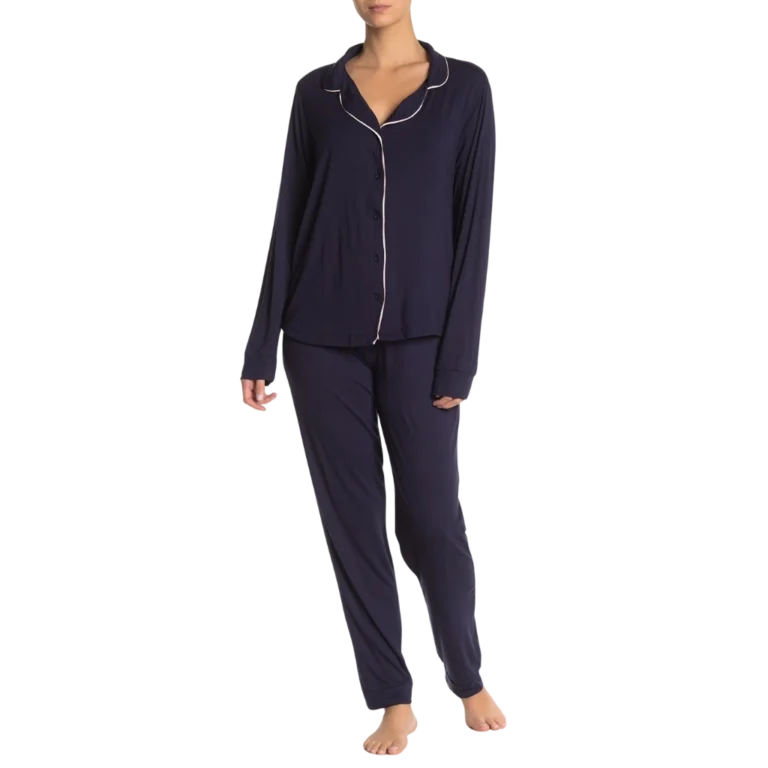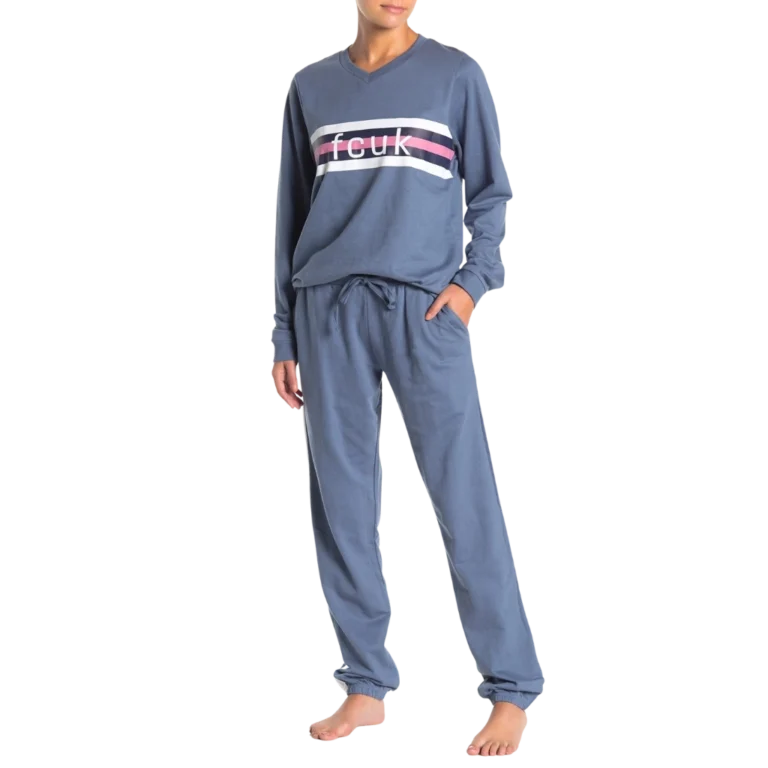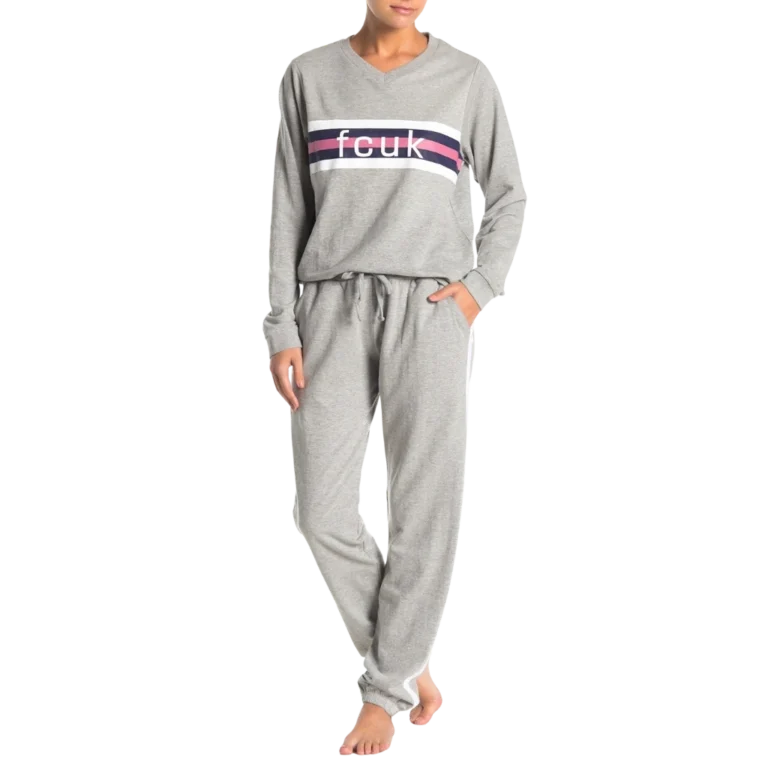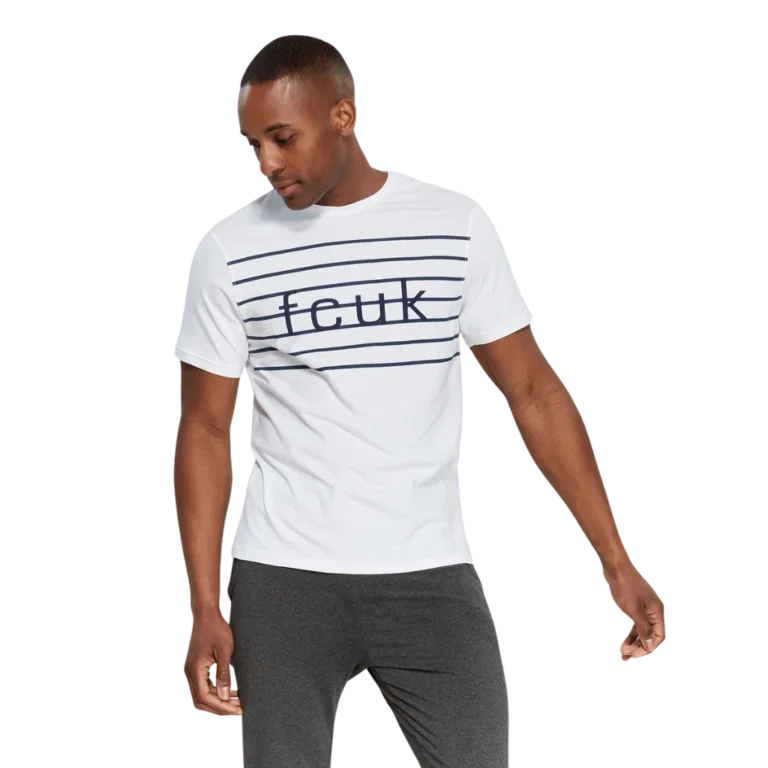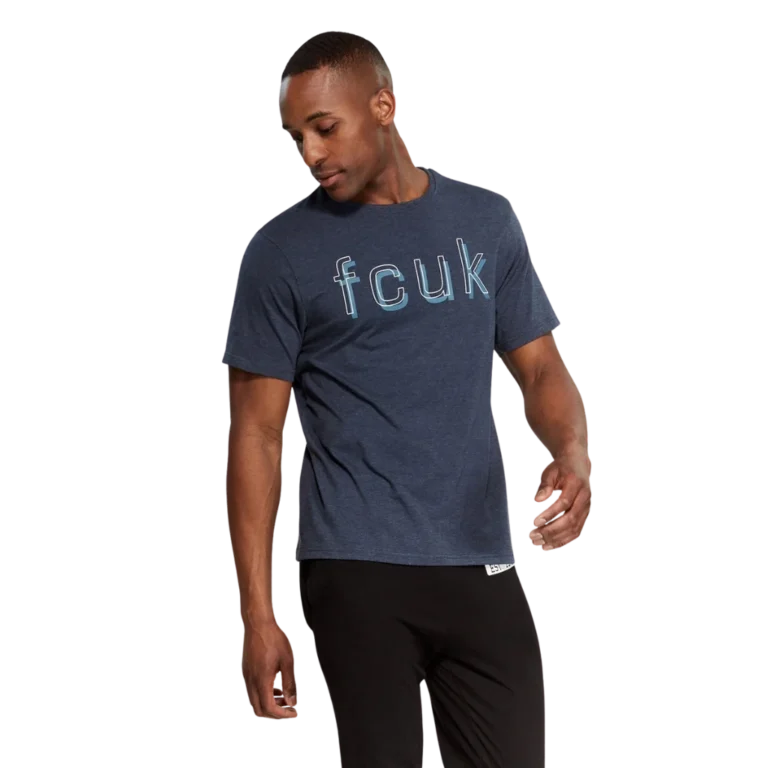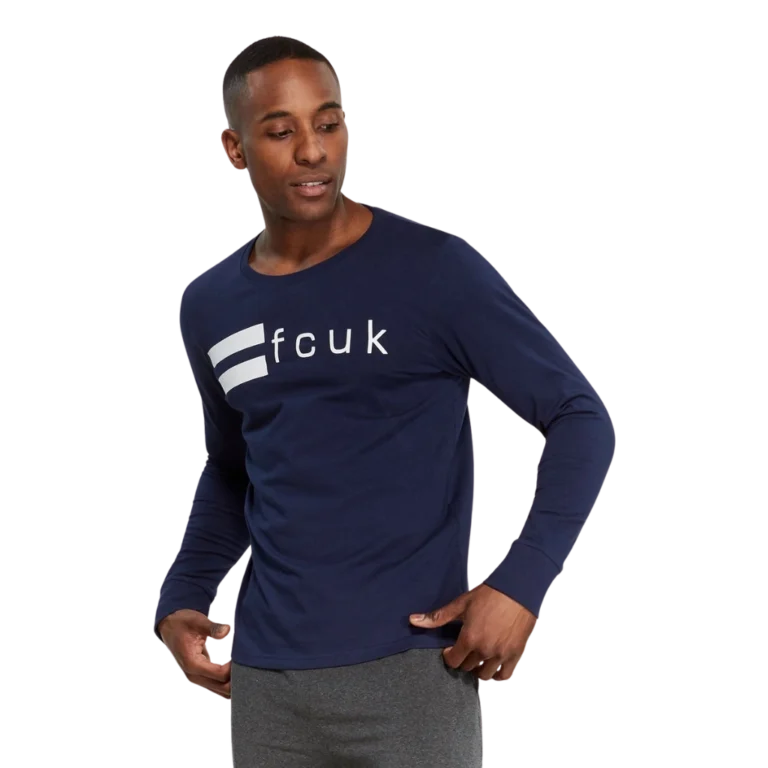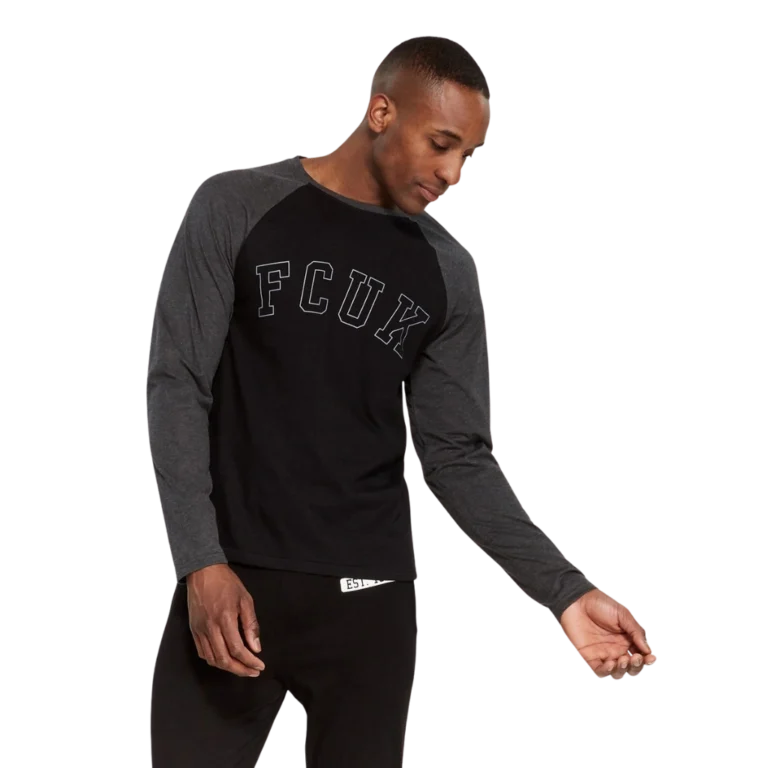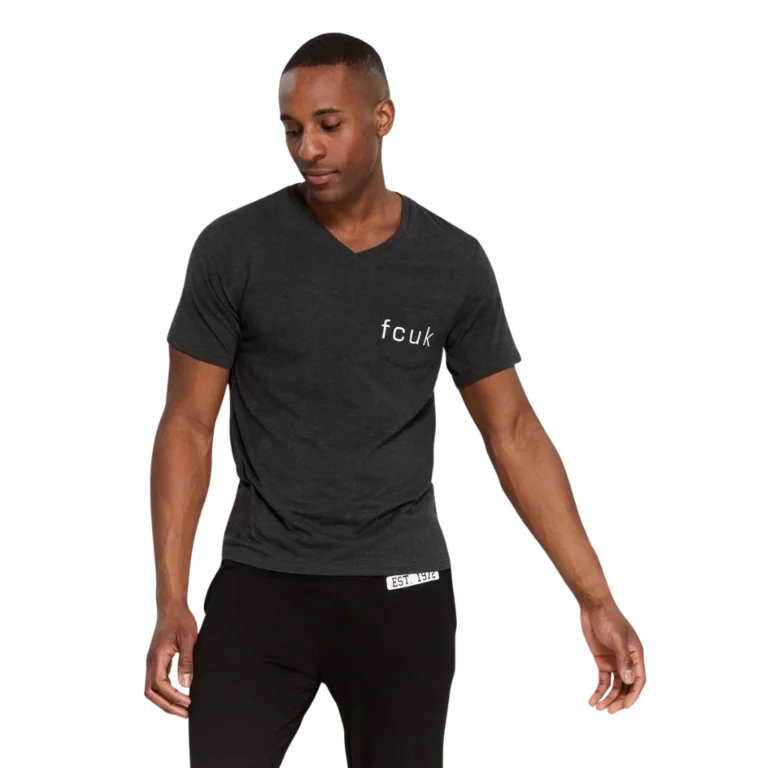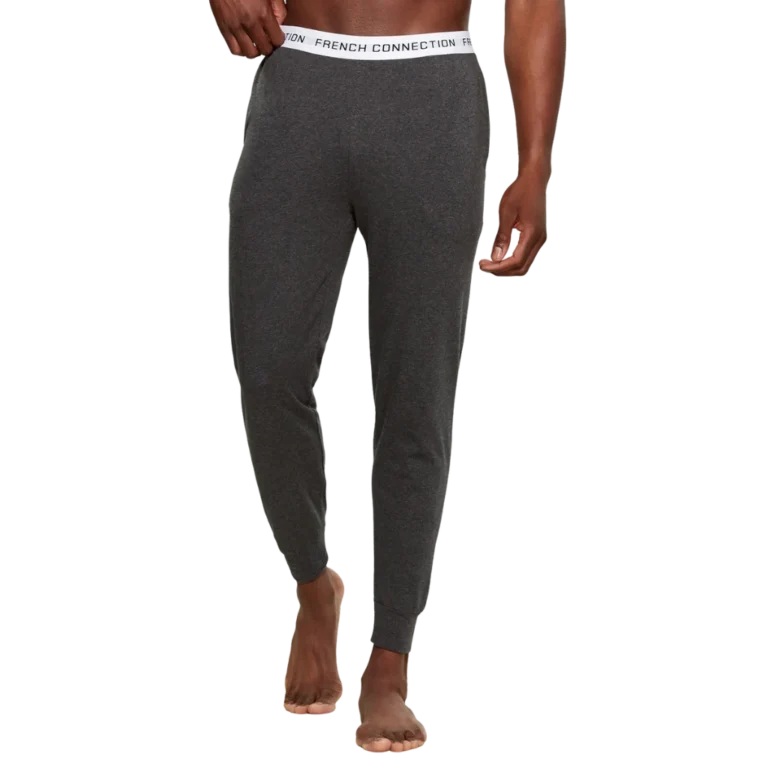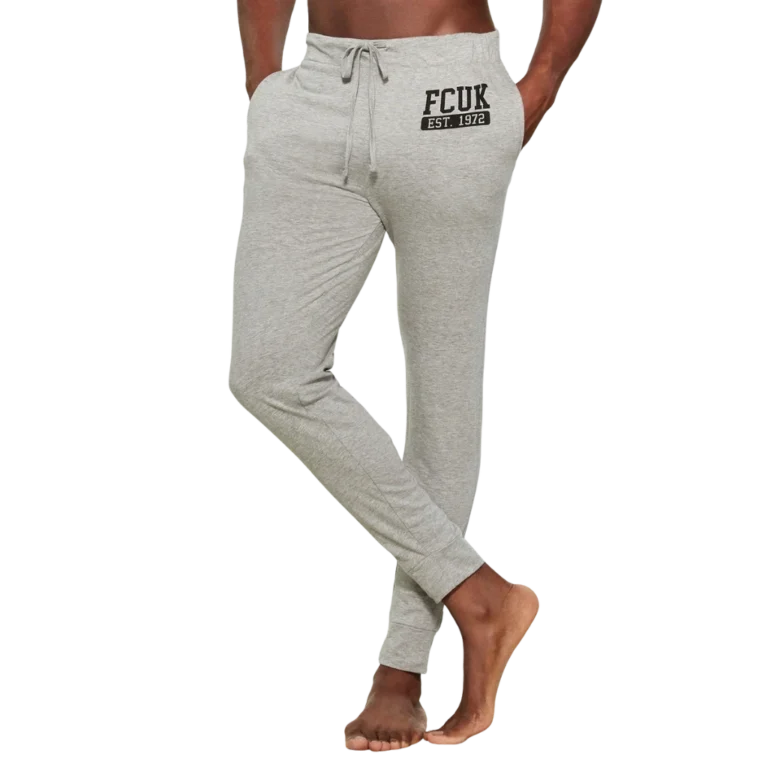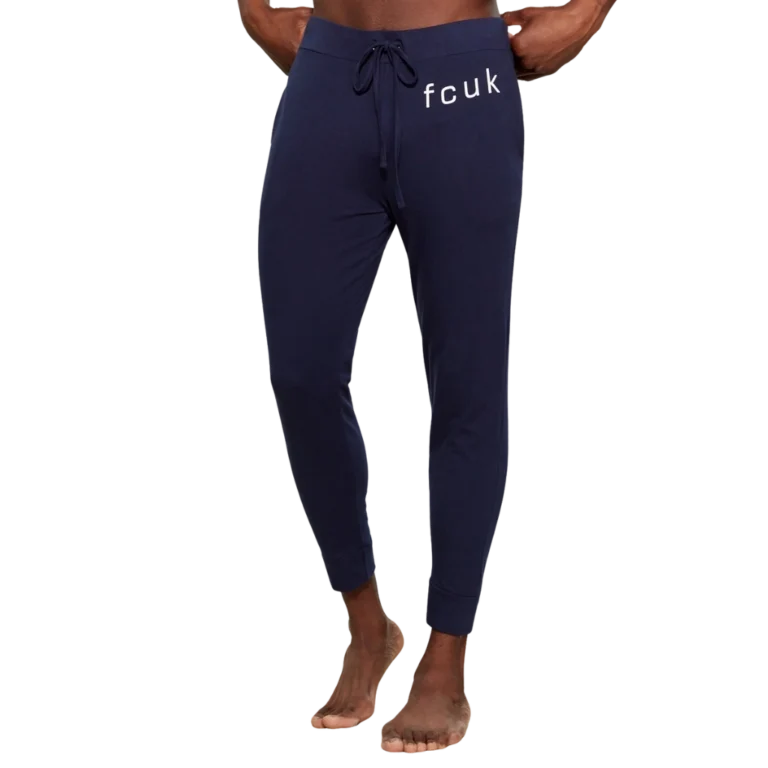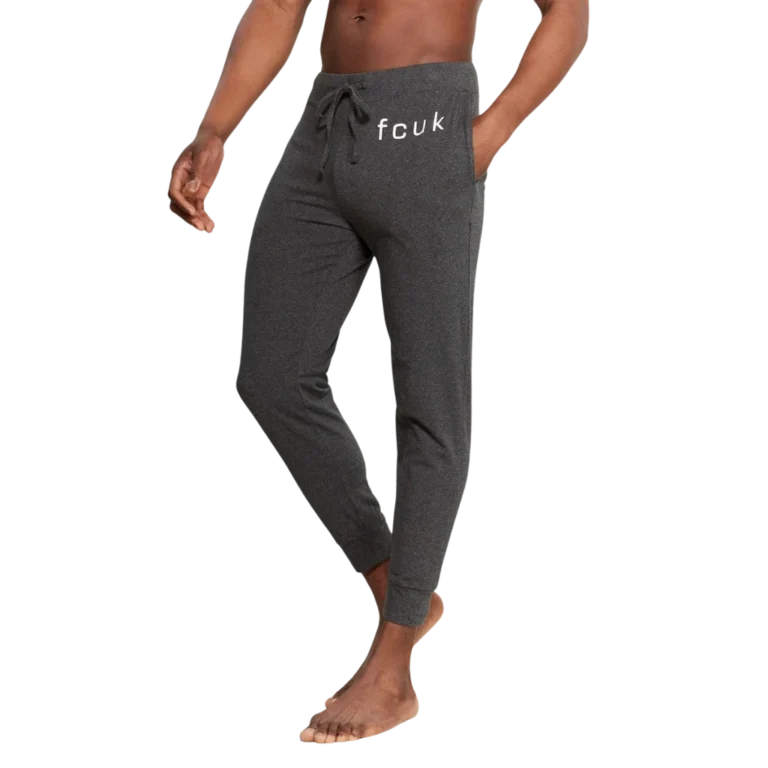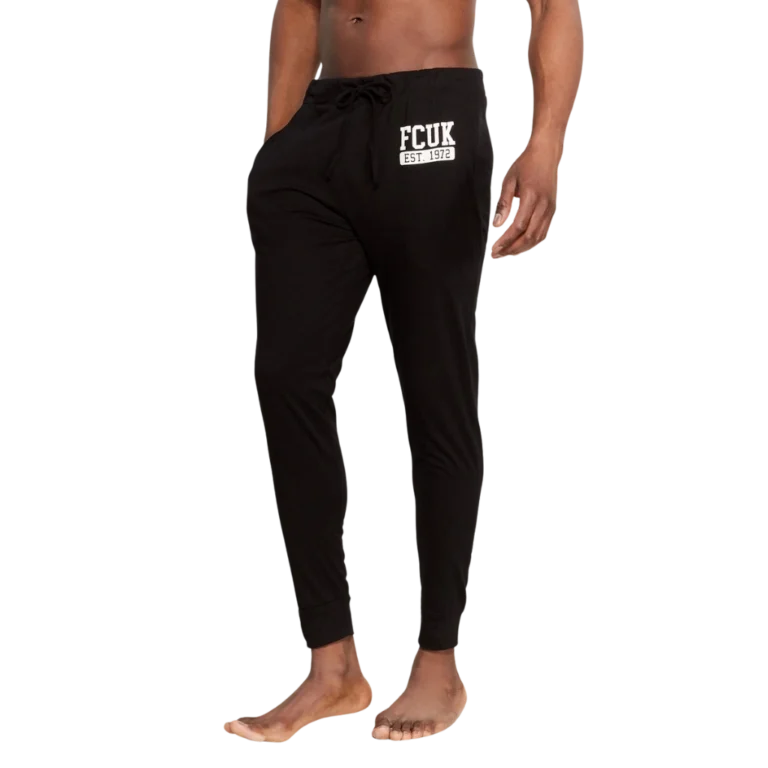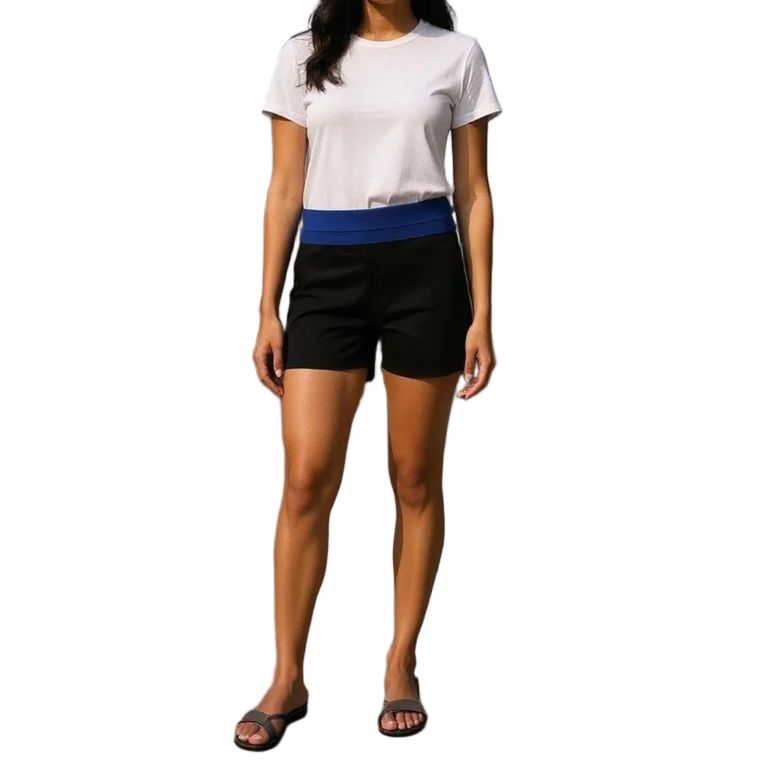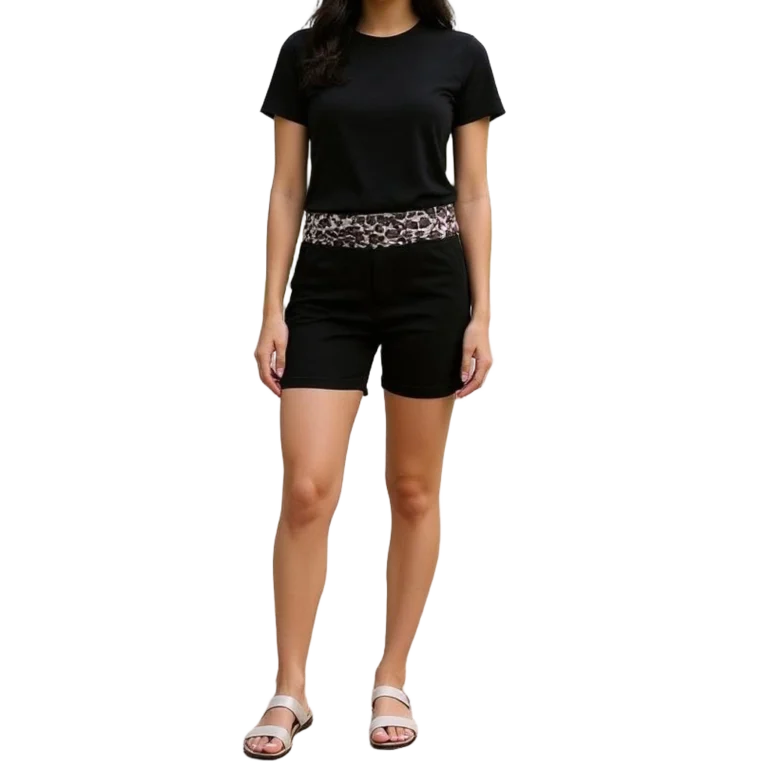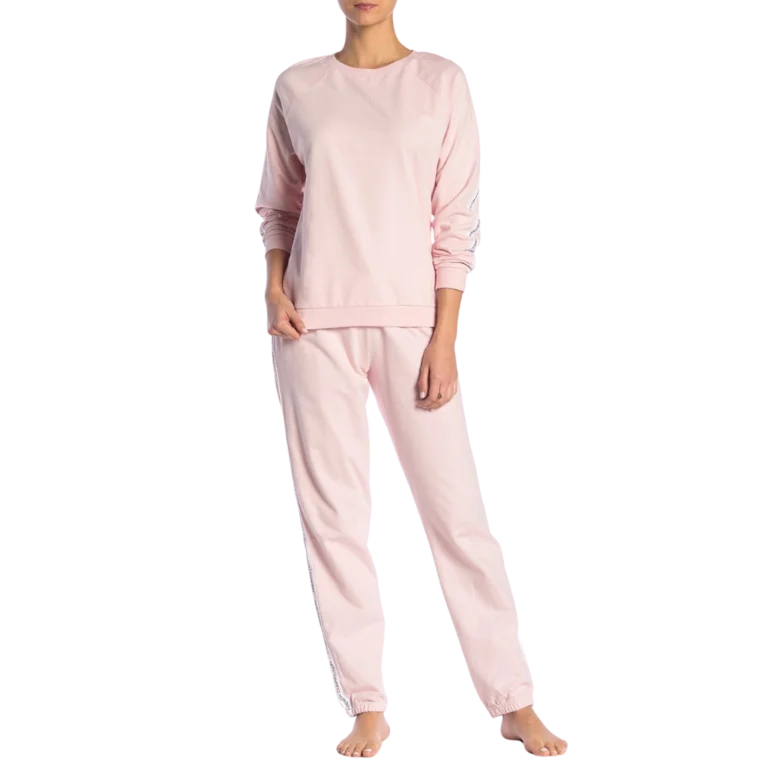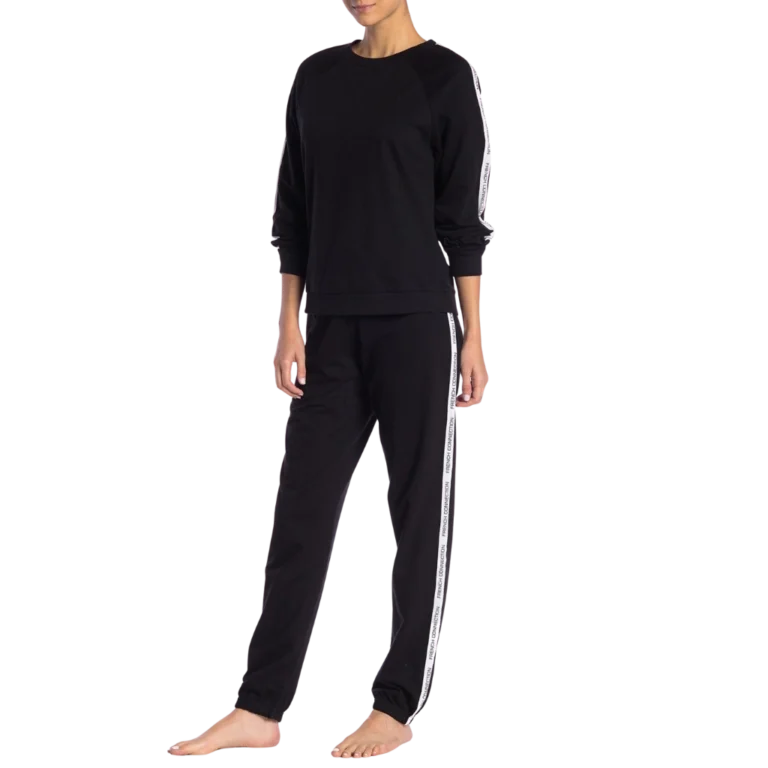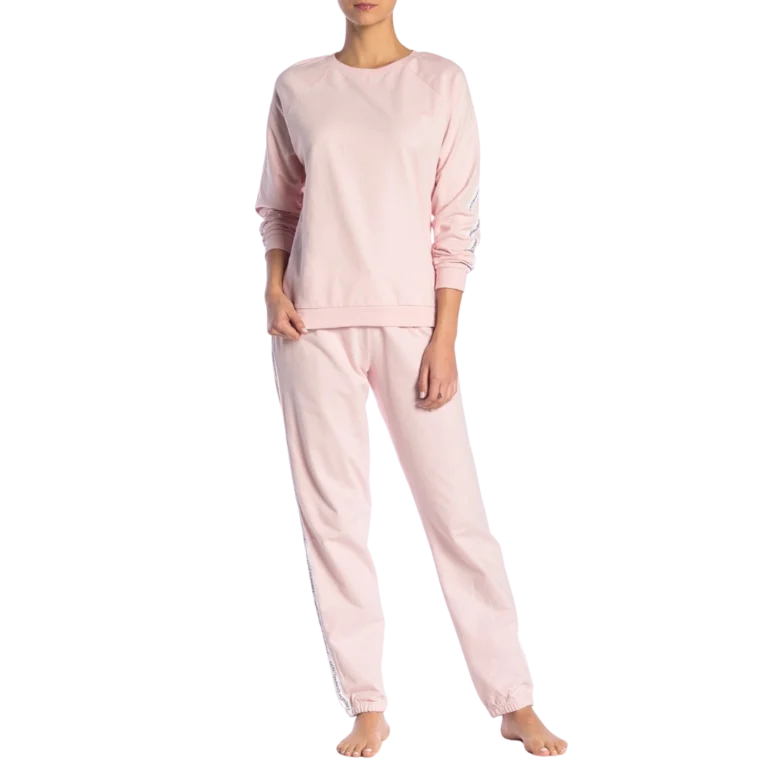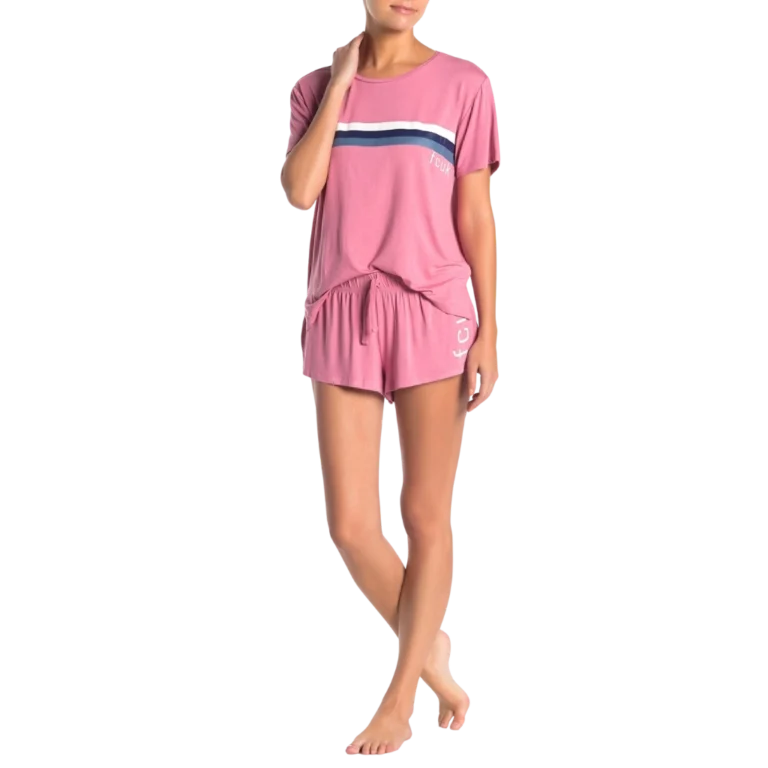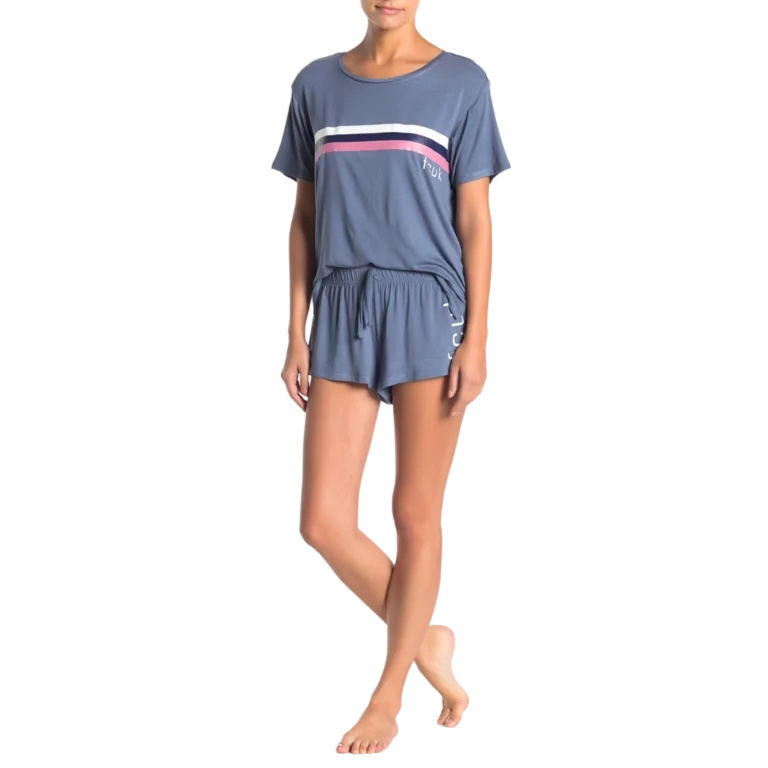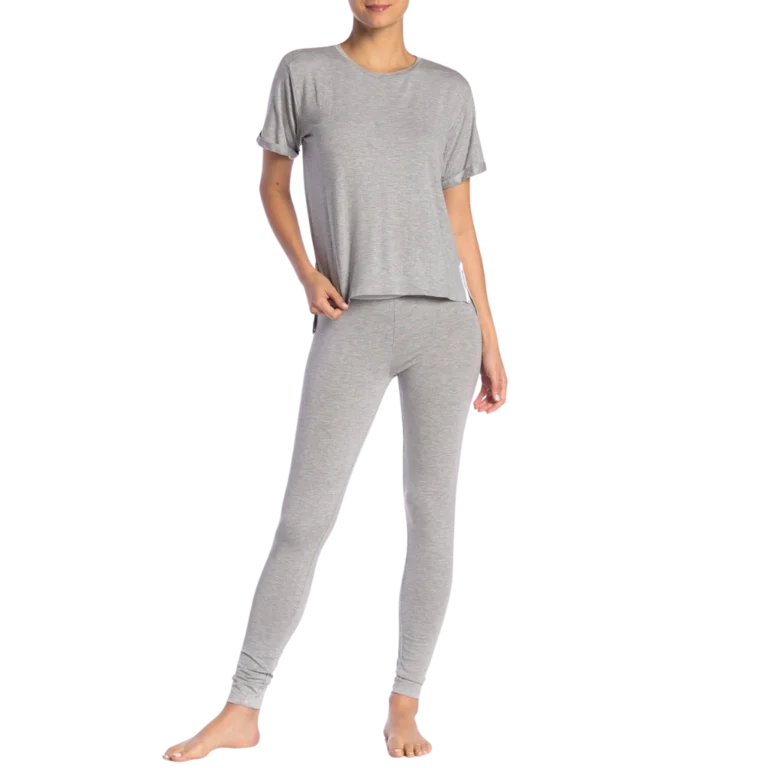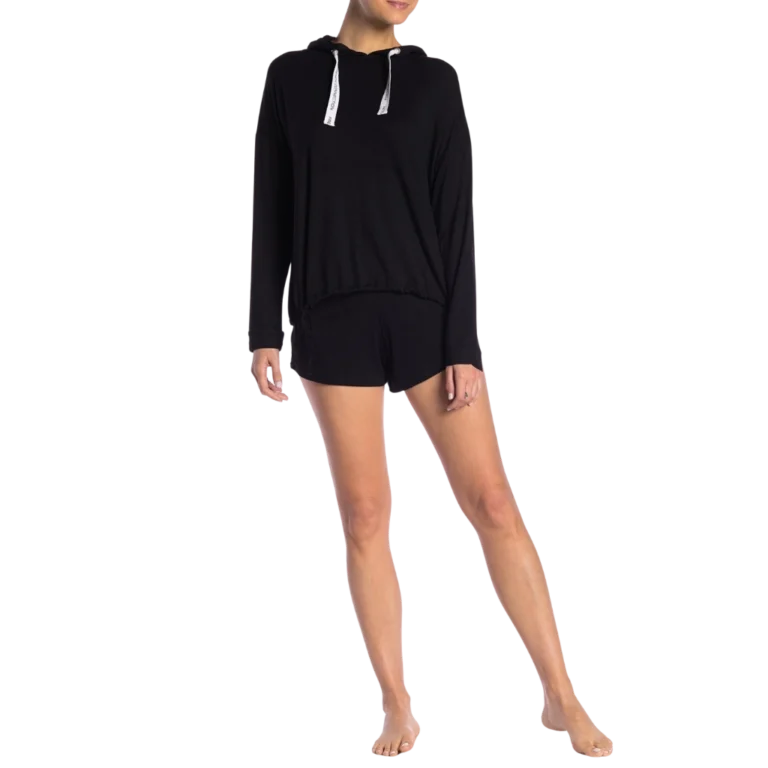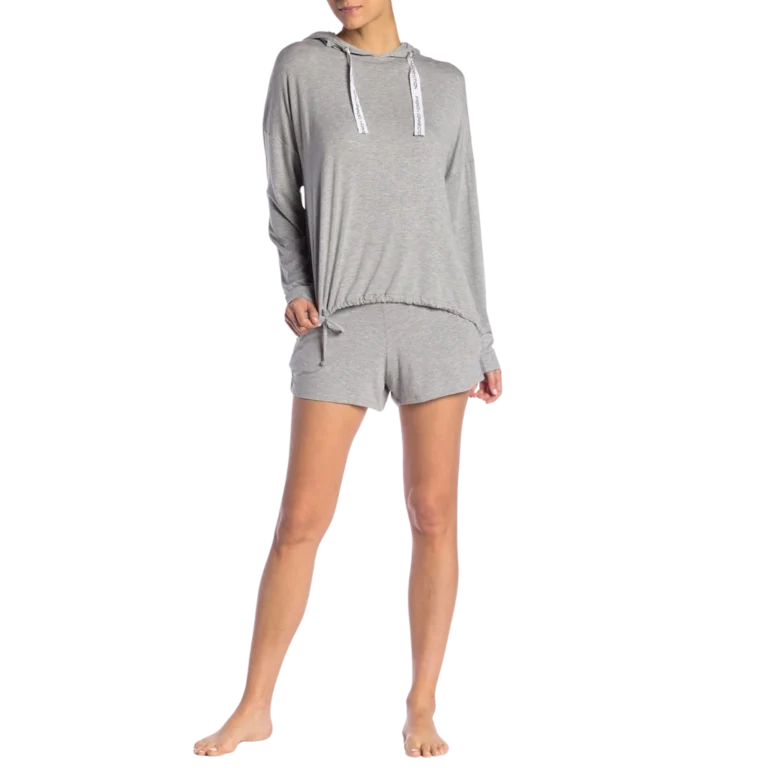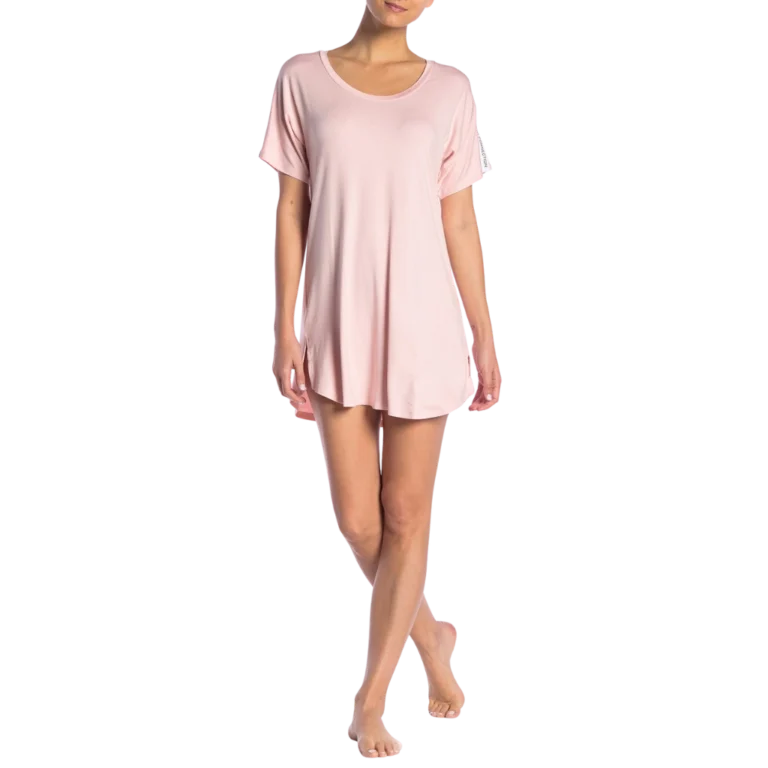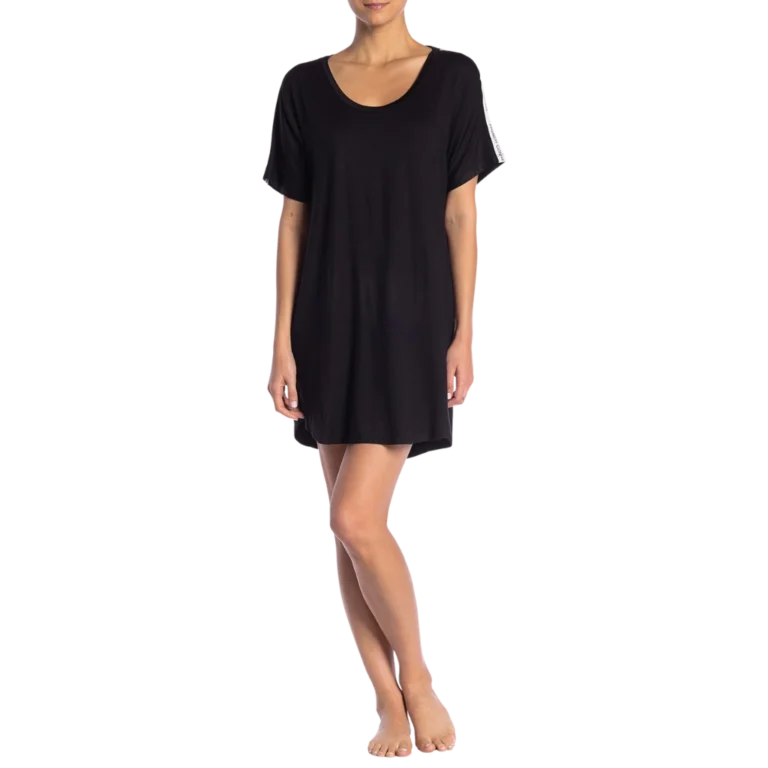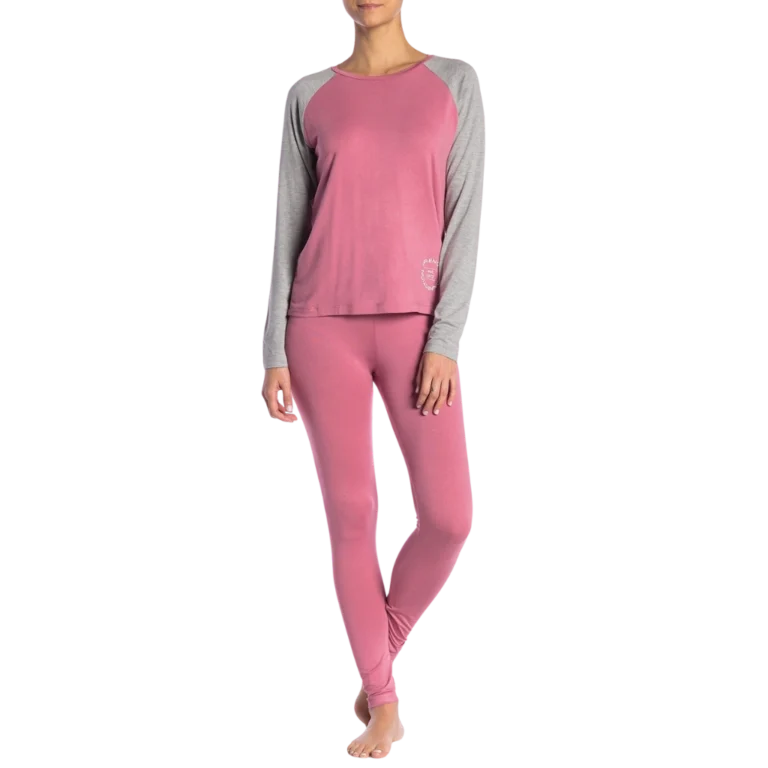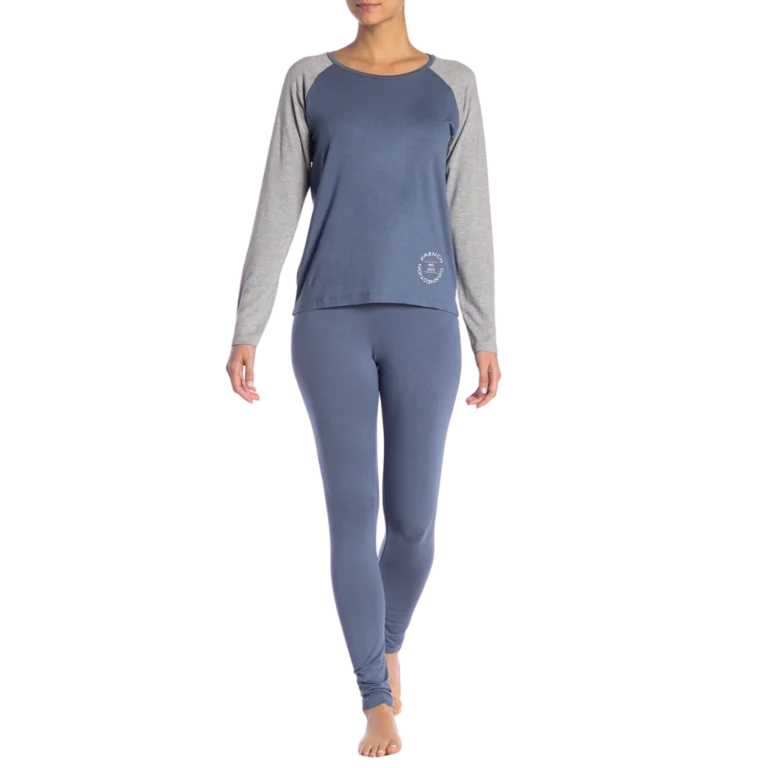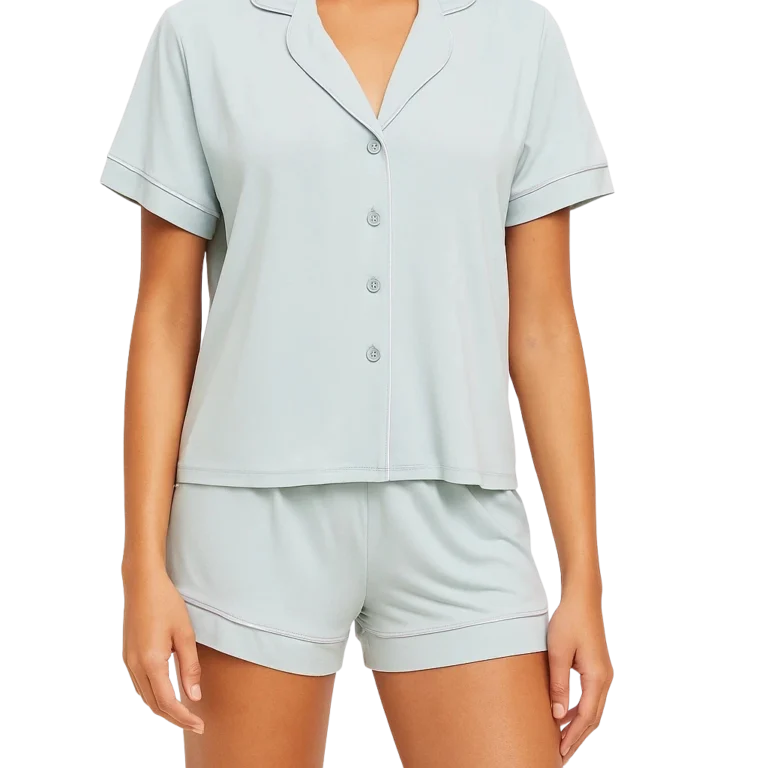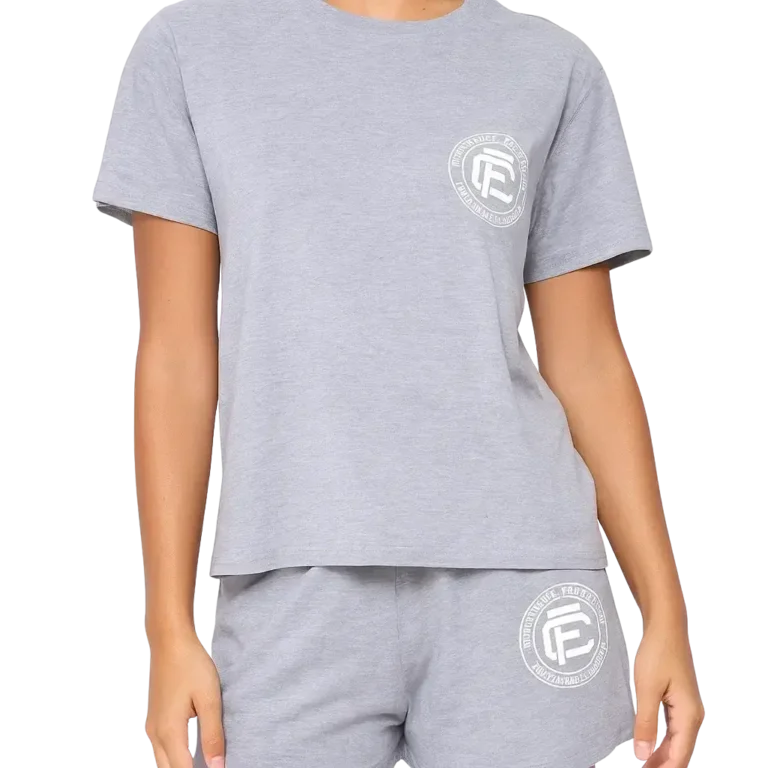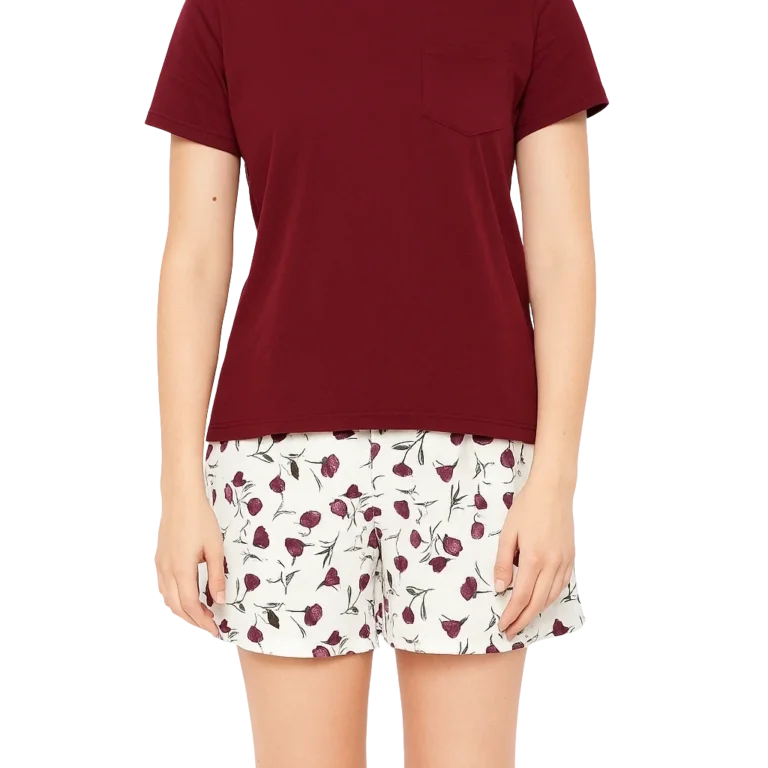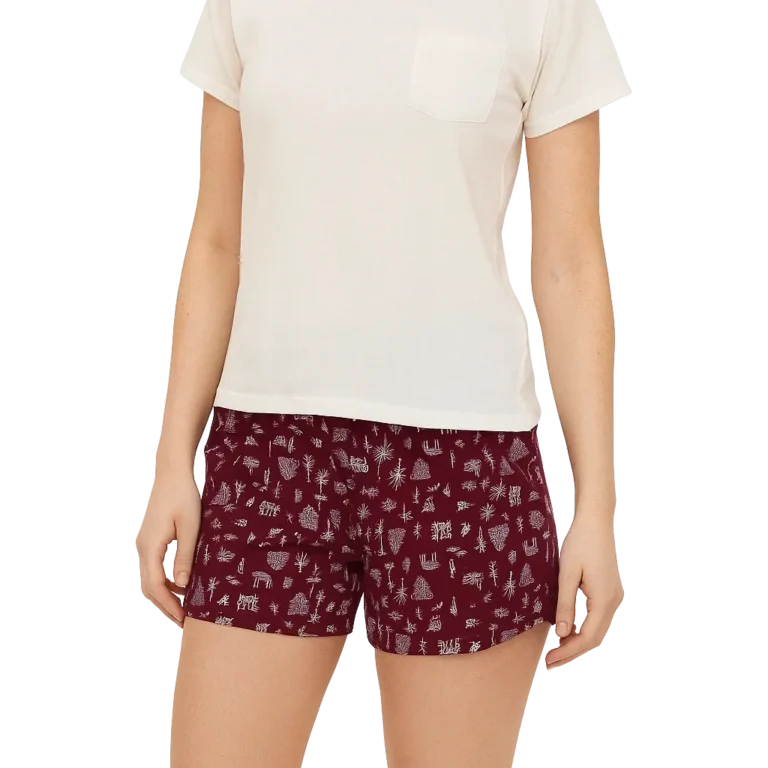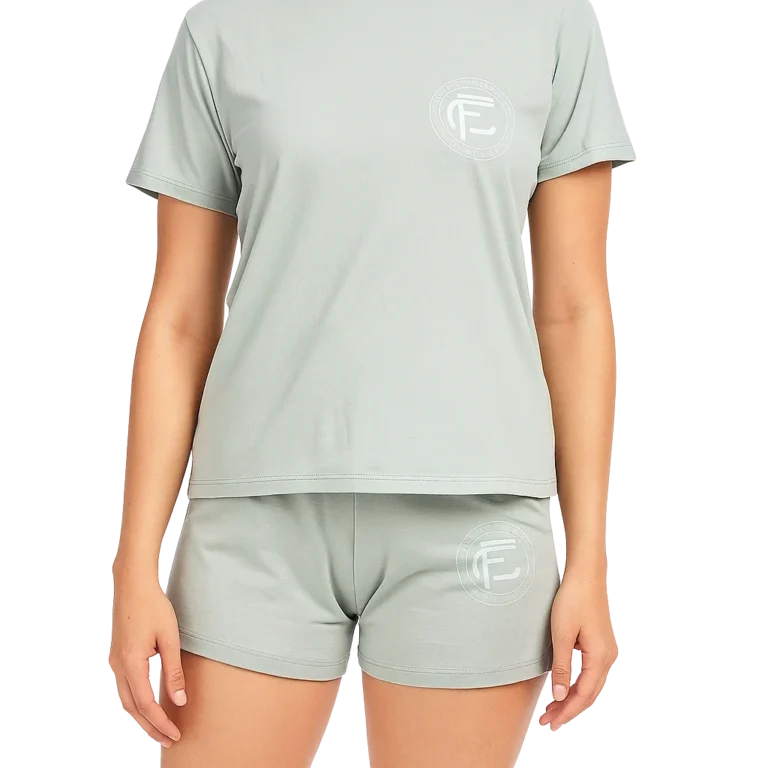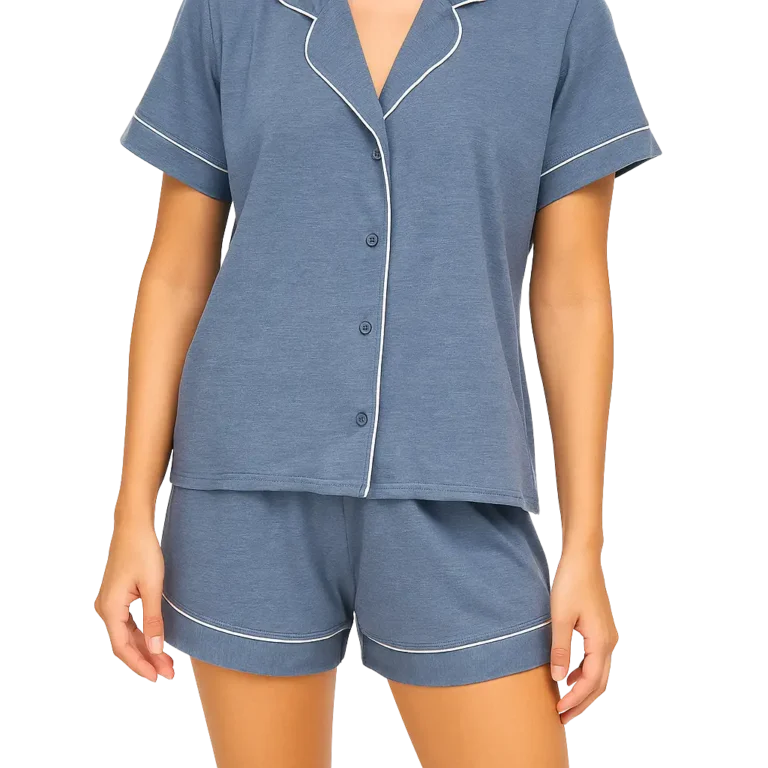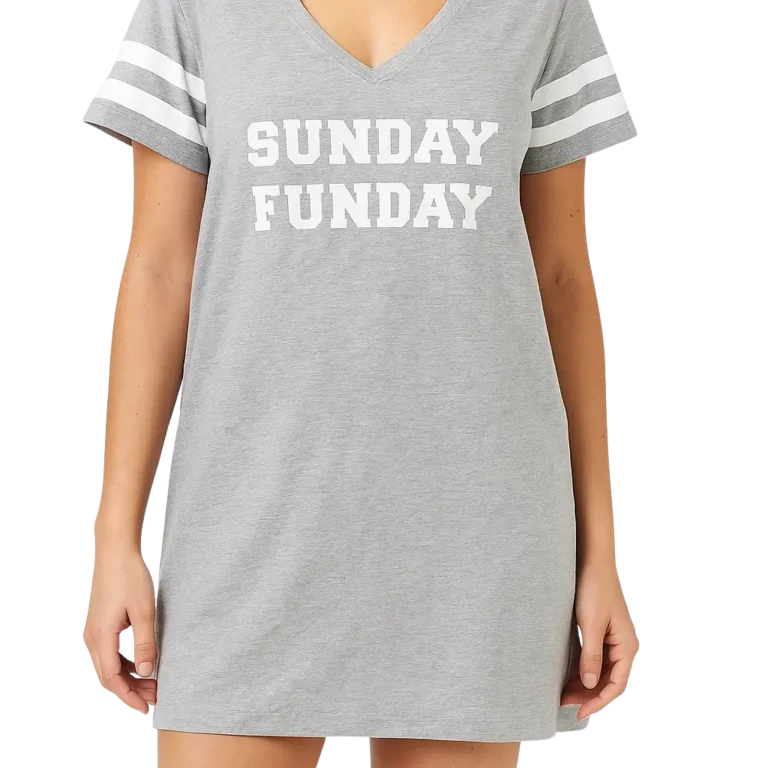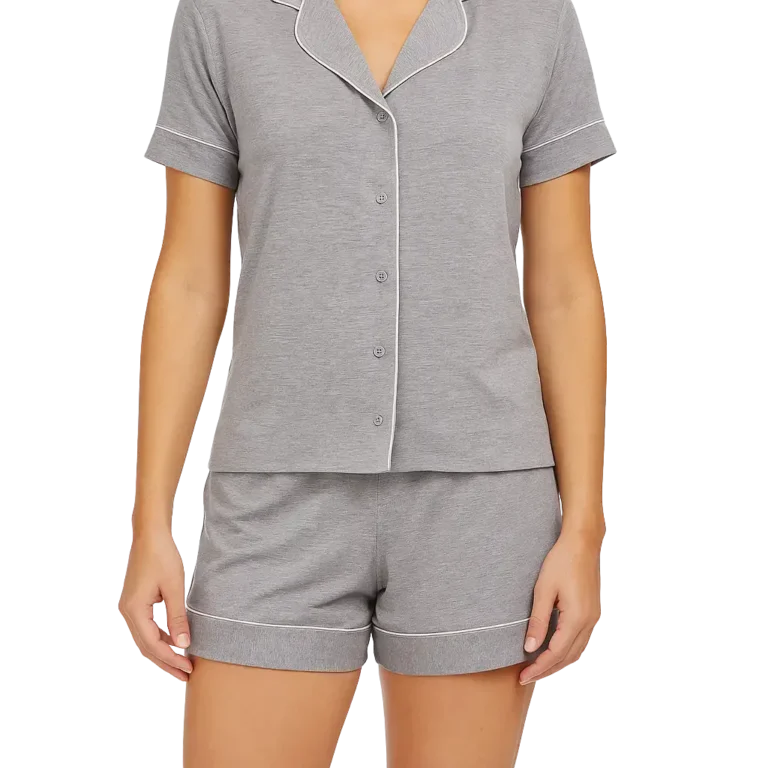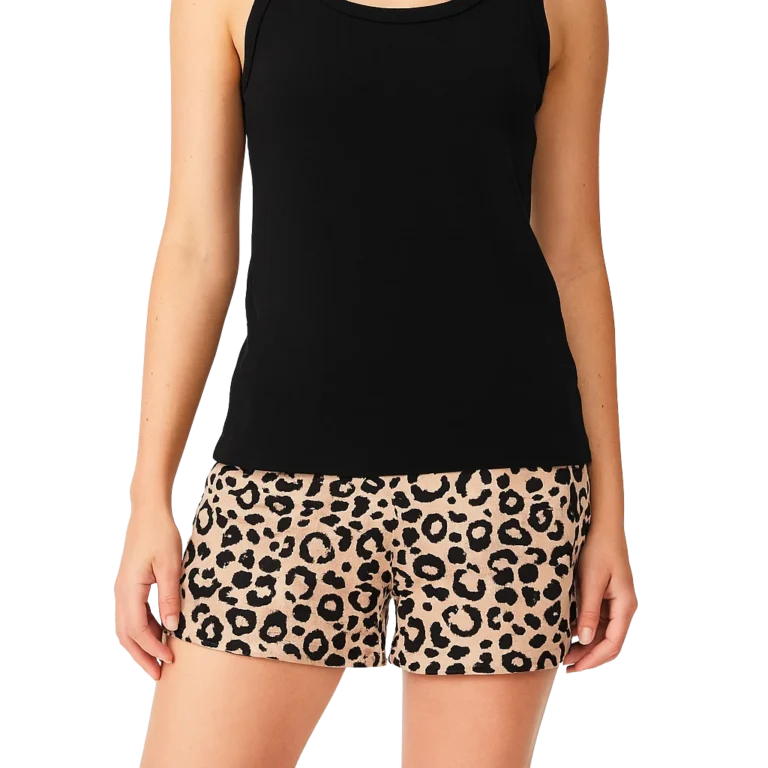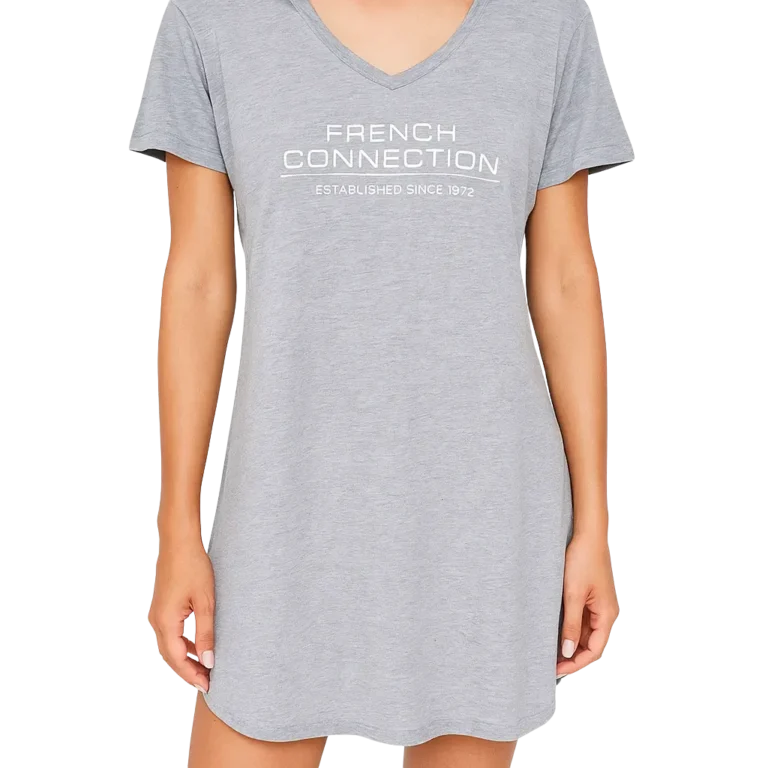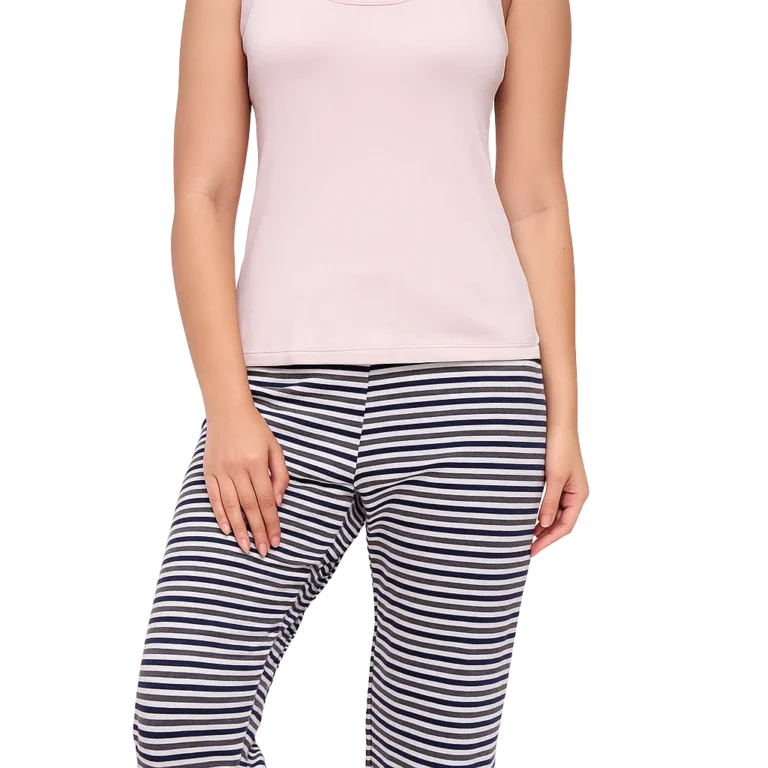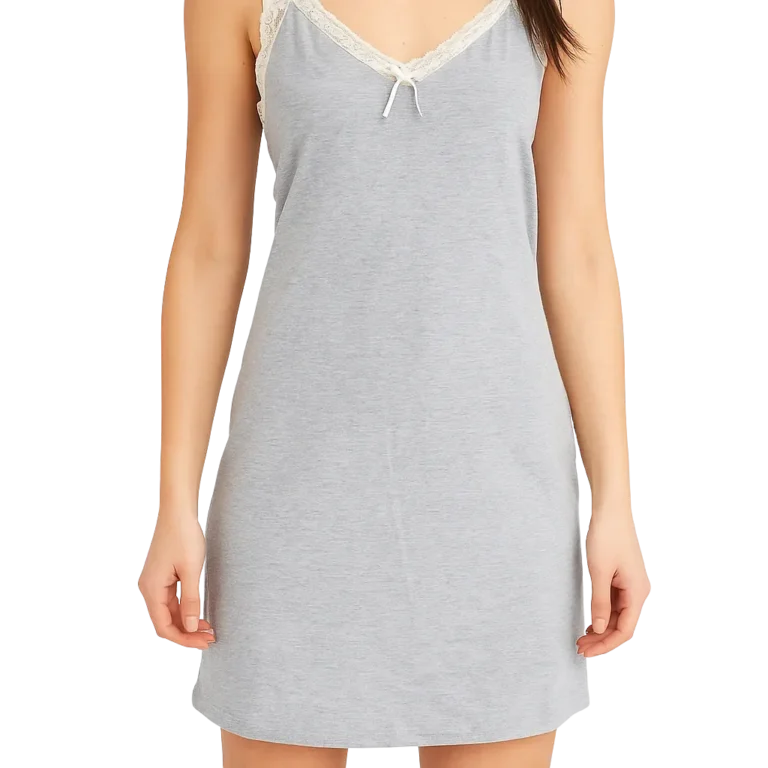Introduction: Why Sustainable Sourcing is the Future of Fashion
Fashion buyers today are under increasing pressure to move away from fast fashion and towards sustainable sourcing. Consumers want transparency, brands need compliance, and the planet demands lower-impact textiles. This is where fabrics like bamboo, banana, and organic cotton come into play.
India – and Tirupur in particular – has become a global hub for sustainable textile manufacturing, offering not just scale but also certified fabrics that meet international eco-standards. For buyers, this means you can now combine affordability with responsibility when sourcing fabrics for your apparel line.
Why Sustainable Sourcing Matters
🌍 Environmental Impact: Sustainable fabrics reduce water consumption, limit chemical use, and cut down carbon emissions.
👩👧 Consumer Trust: Eco-labels such as GOTS, OEKO-TEX, and Fairtrade give buyers confidence and help brands market authentically.
📈 Long-Term Strategy: As import regulations in the US, UK, and EU tighten, choosing organic fabrics now protects your supply chain for the future.
1. Bamboo Fabrics: The Eco-Friendly All-Rounder
Bamboo has become one of the most sought-after organic fabrics in the apparel industry because of its softness, breathability, and natural antibacterial qualities. It requires far less water to grow than cotton, regenerates quickly, and is fully biodegradable.
✔️ Best Suited For:
Gymwear & Activewear: Naturally moisture-wicking, breathable, and antibacterial, making it ideal for leggings and gym T-shirts.
Loungewear & Sleepwear: Its soft drape and cooling effect make it perfect for pyjama sets, nightgowns, and robes.
Eco Basics: Bamboo T-shirts and hoodies have a premium feel that appeals to eco-conscious consumers.
🌱 Buyer Tip: Look for bamboo-organic cotton blends for better durability in activewear.
2. Banana Fabrics: Luxury from Waste
Banana fabric is one of the most underrated sustainable textiles. It is created from banana stem fibers, which are often discarded as agricultural waste. Turning waste into fabric reduces landfill impact while creating a strong, silky, and completely biodegradable textile.
✔️ Best Suited For:
Luxury Resortwear: Banana fabric has a natural sheen, making it suitable for dresses, kaftans, and tunics.
Accessories: Works beautifully in scarves, stoles, and handbags due to its strength and texture.
Eco Fashion Niche: Limited-edition collections where story and sustainability matter, as banana fabrics create a strong brand narrative.
🌱 Buyer Tip: Position banana fabric collections as premium, small-batch sustainable fashion – a growing niche in Europe and the US.
3. Organic Cotton: The Global Standard for Sustainable Apparel

Organic cotton is the backbone of sustainable sourcing. Unlike conventional cotton, it is grown without pesticides or harmful chemicals, which makes it safer for farmers, the environment, and consumers.
India is the world’s largest producer of organic cotton, with GOTS-certified factories in Tiruppur exporting globally.
✔️ Best Suited For:
Kidswear & Baby Clothing: Soft and toxin-free, organic cotton is ideal for onesies, mittens, baby T-shirts, and sleep suits. Parents prefer certified organic cotton for infant clothing.
Everyday Basics: T-shirts, tank tops, and polos for men and women are the most widely sourced organic cotton products.
Sleepwear: Breathable and gentle on skin, perfect for pajama sets, nightshirts, and camisoles.
🌱 Buyer Tip: Check for GOTS or Fairtrade certification to ensure compliance with EU and US standards for children’s apparel.
Why Source Organic Fabrics from India (Especially Tiruppur)
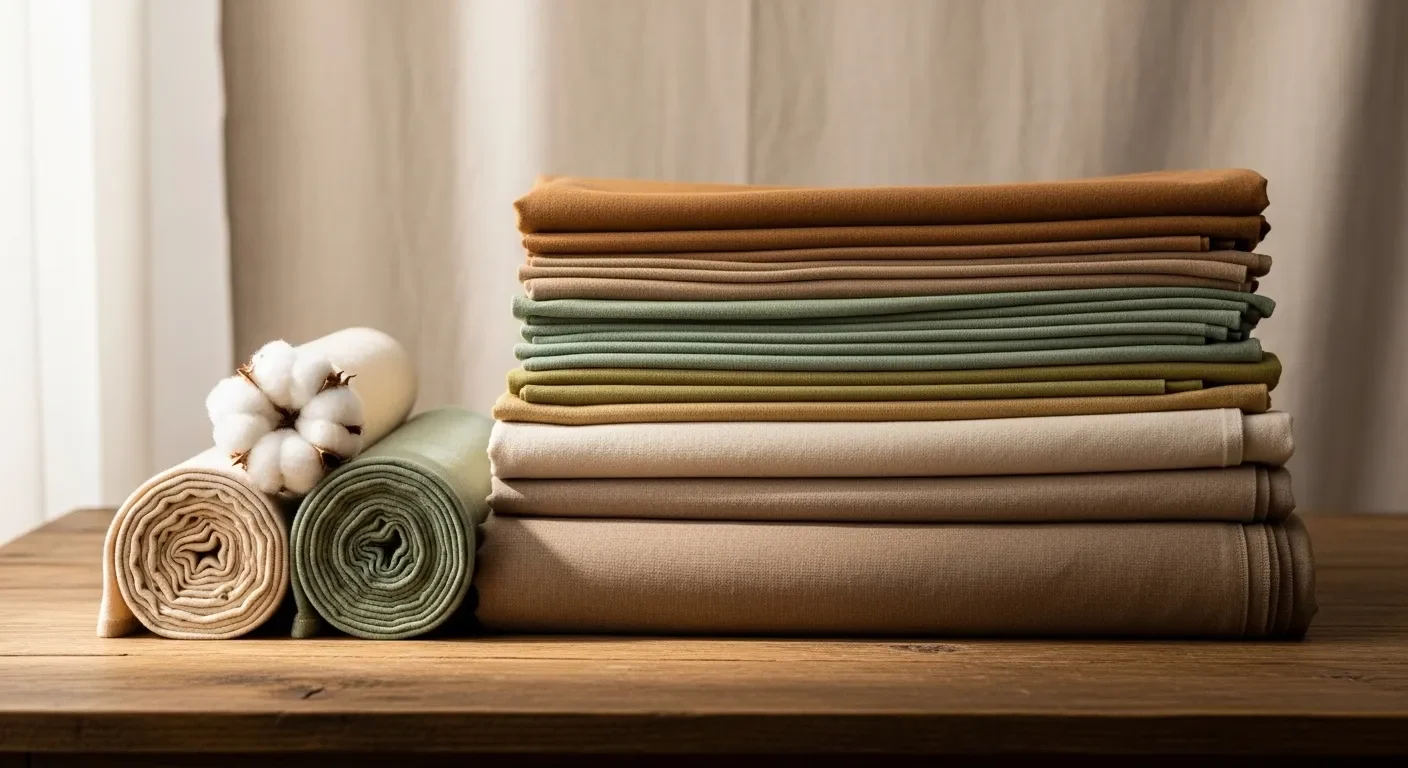
India is not just producing sustainable fabrics – it is leading the movement. Tiruppur alone has hundreds of factories specializing in organic textiles and certified garment production.
✅ Wide Fabric Availability: Organic cotton, bamboo blends, banana yarns, recycled polyester, and modal.
✅ Certifications: GOTS, OEKO-TEX, SA8000, BSCI, Fairtrade.
✅ Flexible MOQs: Small-batch production available for startups and sampling.
✅ Export-Ready: Smooth shipping routes via Tuticorin, Chennai, and Cochin ports.
Practical Guide: How Buyers Can Start Sustainable Sourcing
Identify Your Fabric Needs: Choose between bamboo for activewear, banana for luxury, or organic cotton for kidswear.
Request Certifications: Always ask for GOTS, OEKO-TEX, or Fairtrade certificates before confirming suppliers.
Start Small: Begin with a sample run or low MOQ program to test market response.
Plan Long-Term: Sustainable sourcing is not a one-off campaign. Build lasting relationships with certified suppliers.
Leverage Sourcing Offices: Partnering with agencies in Tirupur (like Mirthuni Apparel) ensures quality checks, factory compliance, and seamless export management.
Which Fabric Fits Which Apparel Category?
| Fabric | Best Apparel Categories |
|---|---|
| Bamboo | Gymwear, activewear, yoga leggings, sports T-shirts, eco-friendly loungewear, robes, pajamas |
| Banana | Luxury resortwear, dresses, scarves, eco-fashion limited collections, accessories |
| Organic Cotton | Babywear (onesies, mittens, rompers), kidswear, basics (T-shirts, polos), sleepwear sets |
Conclusion: Building a Greener Fashion Supply Chain
Sustainability is no longer optional – it’s the new normal in global sourcing. Choosing bamboo, banana, and organic cotton fabrics helps fashion buyers align with eco-conscious consumers, meet compliance requirements, and future-proof their business.
If you’re a sourcing manager or fashion brand looking to transition into sustainable sourcing, India – and especially Tiruppur – is the right place to start. With certified fabrics, flexible production, and export-ready capabilities, the opportunity to build a greener supply chain is at your fingertips.
👉 Begin your sustainable sourcing journey today with Mirthuni Apparel Sourcing, your trusted partner in organic textiles.

